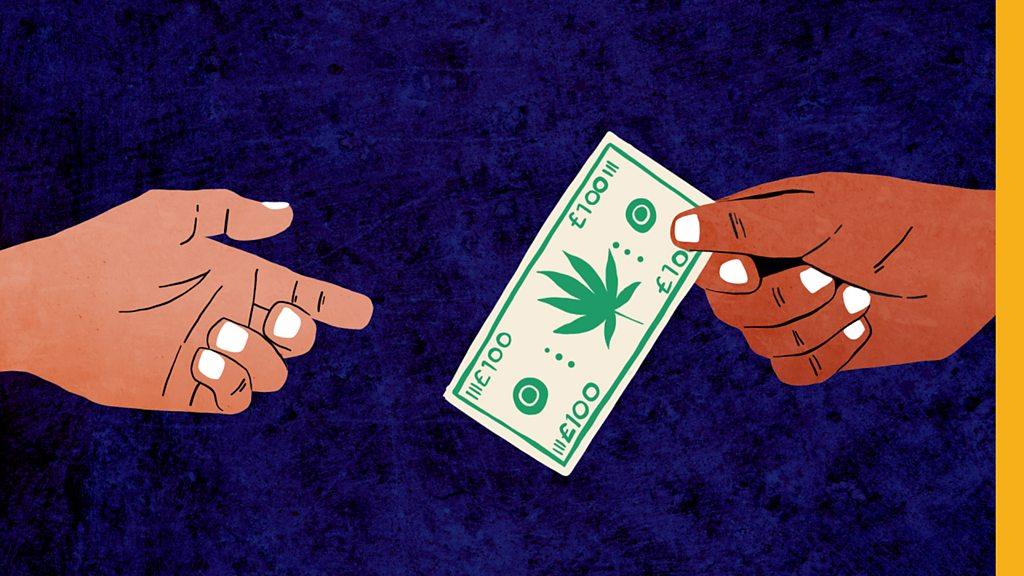Zimbabwe anti-corruption body starts audit of the rich
- Published

Authorities can take away people's assets using unexplained wealth orders
Zimbabwean authorities say people who cannot explain where their wealth came from are in danger of having their assets seized even if courts clear them of a corruption allegation.
The new operation was "an intensive lifestyle audit" of the rich, said the chairman of Zimbabwe's anti-corruption commission Justice Loyce Matanda-Moyo.
The country is facing its worst economic crisis in more than a decade.
There is mounting public anger over poor services and corruption.
"This is an intensive lifestyle audit on some of the rich people. They have to produce their invoices on what goods or services they rendered and this has to match the value of the acquired properties. We will also be checking if these people or their businesses were paying taxes." Justice Matanda-Moyo told Zimbabwe's Sunday News, external.
The operation is using powers the commission gained in July 2019 to demand an explanation for how people earned their wealth - known as an unexplained wealth order.
People under investigation can go to the High Court to account for their wealth but failure to do so automatically results in seizure of their assets.
Zimbabwe is not the first country to reverse the burden of proof, requiring individuals to explain the source of their wealth. Ireland and the UK both changed their laws to introduce unexplained wealth orders in 2017.
15.6 millionsize of population
63%live below poverty line
23%of children have stunted growth
785.5% official annual inflation rate in May
387coronavirus cases since March
Four coronavirus-related deaths
The corruption watchdog Transparency International recently singled out a Zimbabwean case of coronavirus medical supply procurement as looking suspicious.
The organisation said the prices of the medical supplies were highly inflated, indicating possible corruption.
Subsequently, on Saturday, the country's Health Minister Obadiah Moyo was charged with the criminal abuse of office related to the contract.
He is expected to appear in court again in July.

You may also be interested in:
Coronavirus: Zimbabwe lockdown hampered by food shortages

- Published17 June 2020
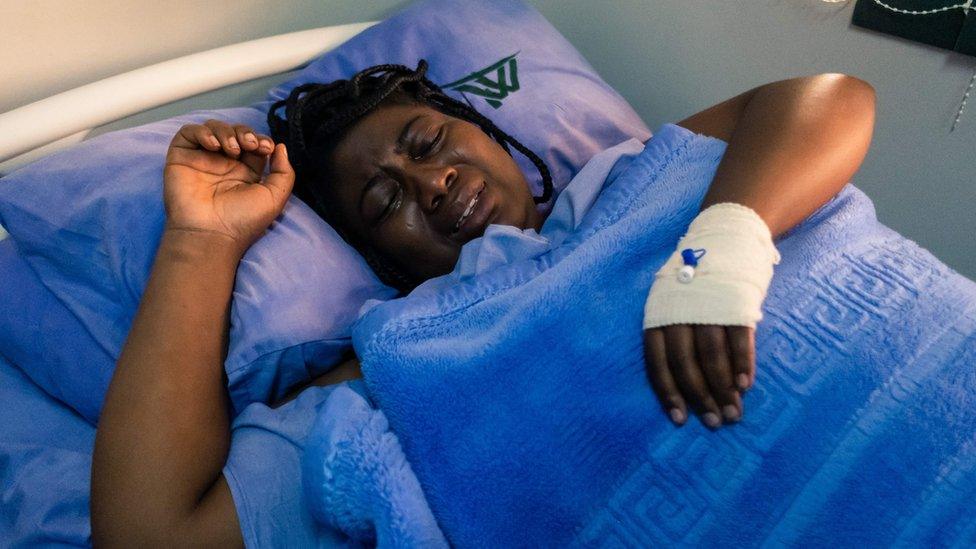
- Published6 November 2017
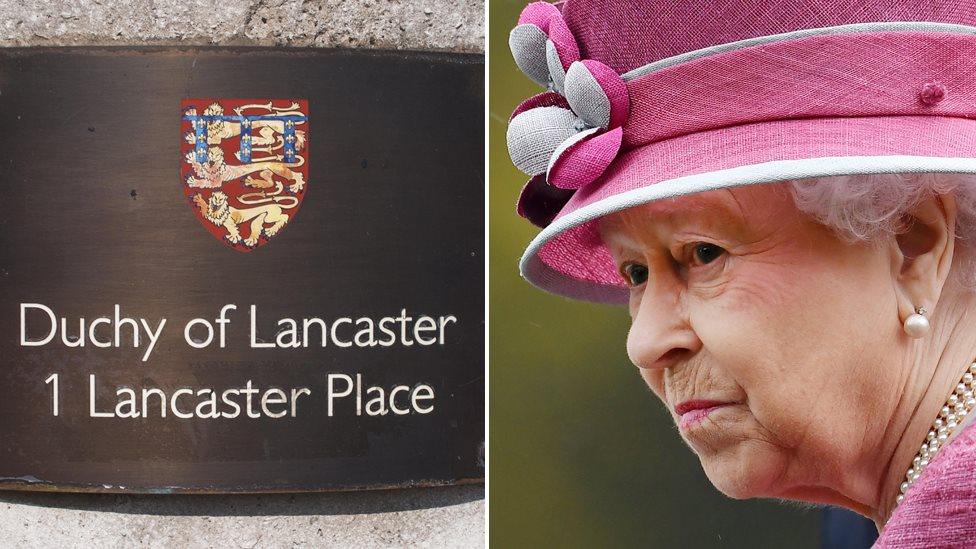
- Published19 January 2020
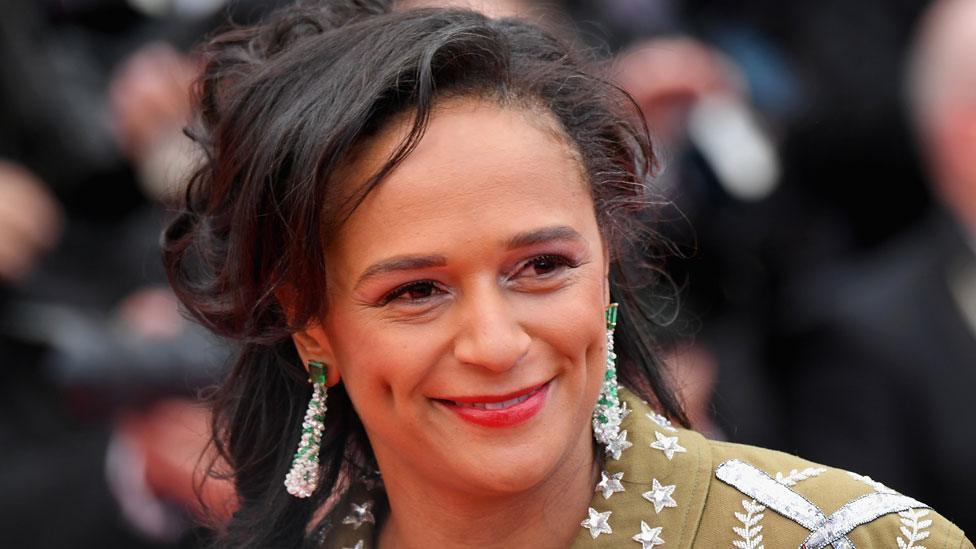
- Published6 April 2016
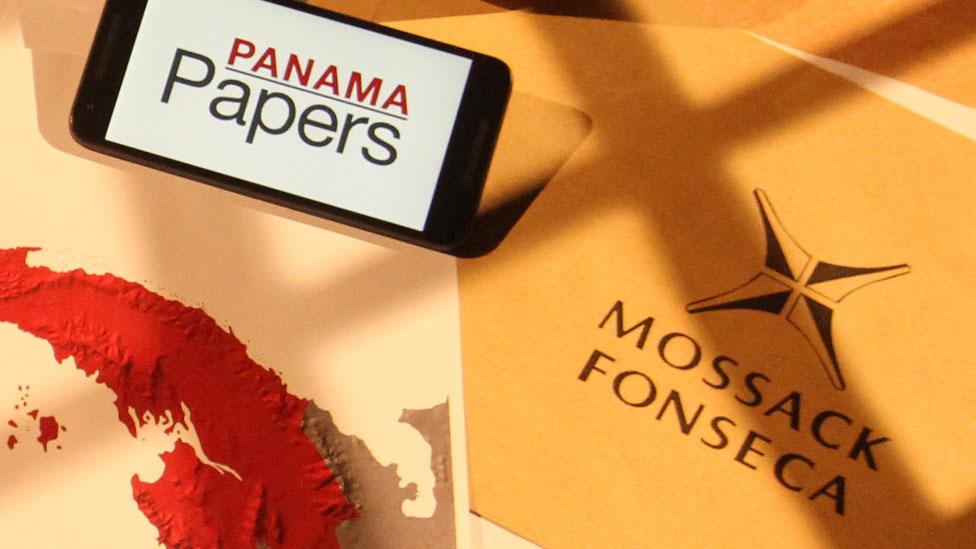
- Published28 October 2019
